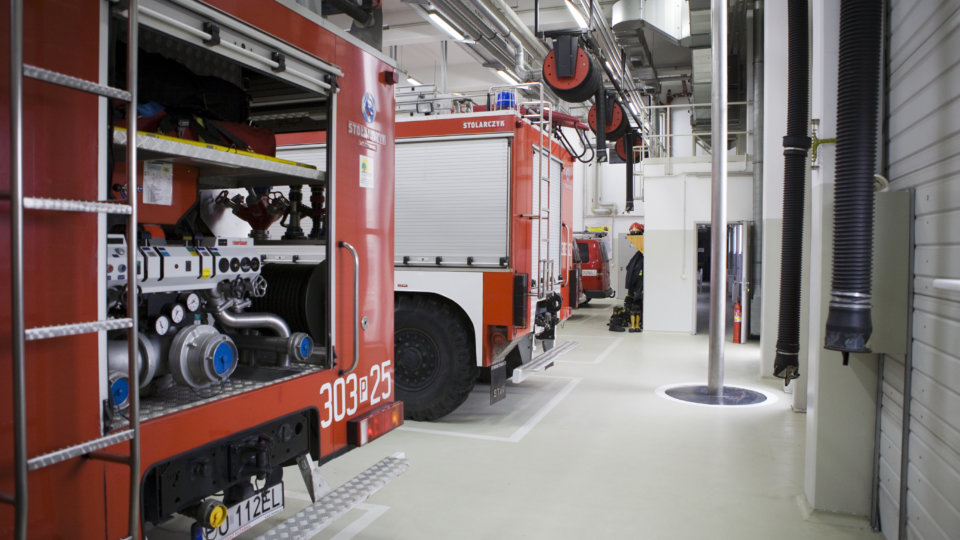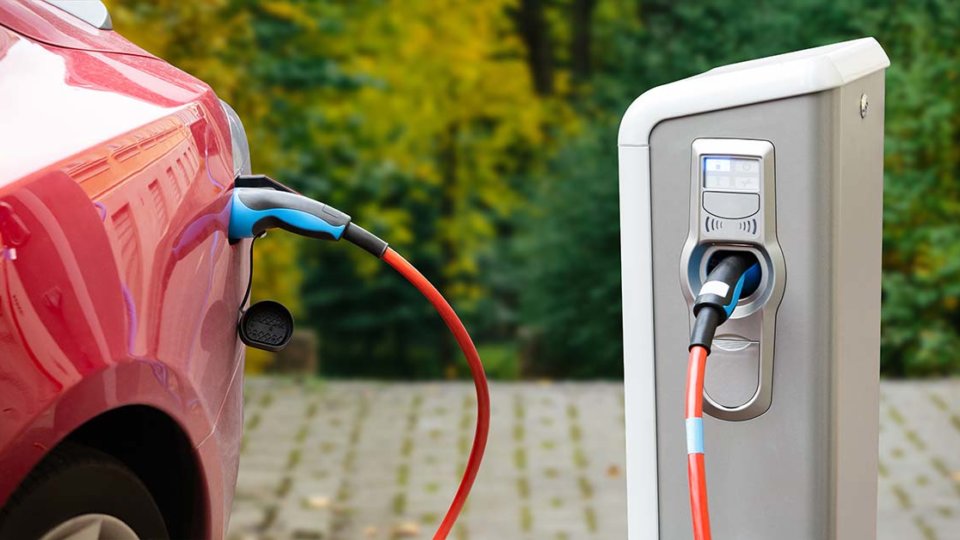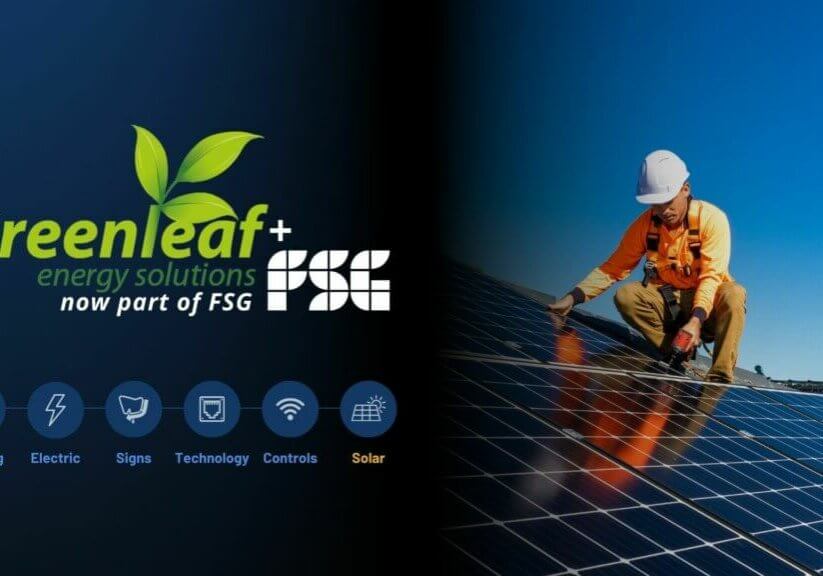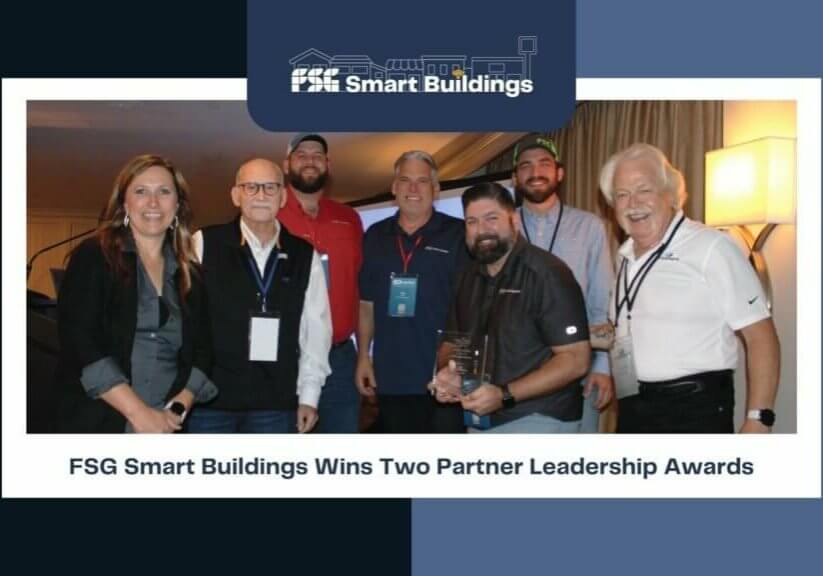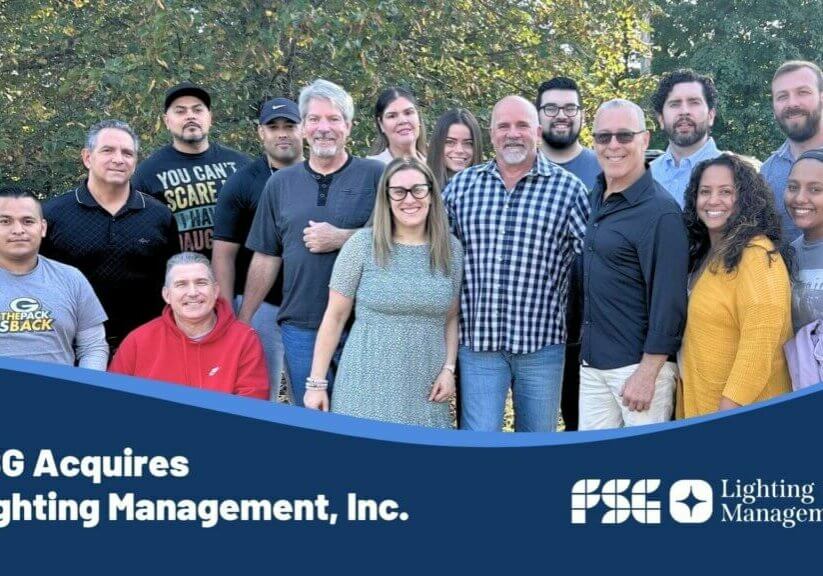The word on everyone’s lips this week is infrastructure. This past Monday, with the signing of H.R. 3684, the Infrastructure Investment and Jobs Act, President Biden authorized $550 billion of federal investment in America’s infrastructure over the next five years.
While much of that funding will be directed toward roads, bridges, mass transit, airports, ports, and waterways, those investments are just the beginning. Additional funding will be directed toward improvements to the nation’s electric grid and water systems.
Here at FSG, we understand that any discussion about infrastructure will eventually focus on electrical infrastructure, which relates to the installation, modification, removal, replacement, and ongoing maintenance of the electrical equipment and systems that power and light roads, bridges, mass transit systems, water treatment plants, and on and on.
So it is with a sense of excitement for the possibilities before us that we take a look at the interesting infrastructure projects currently being discussed for the coming year. One area of focus within the Infrastructure Investment and Jobs Act that has the potential to deliver the most immediate impact for citizens is the delivery of an expanded nationwide network of plug-in electric vehicle (EV) charging stations.
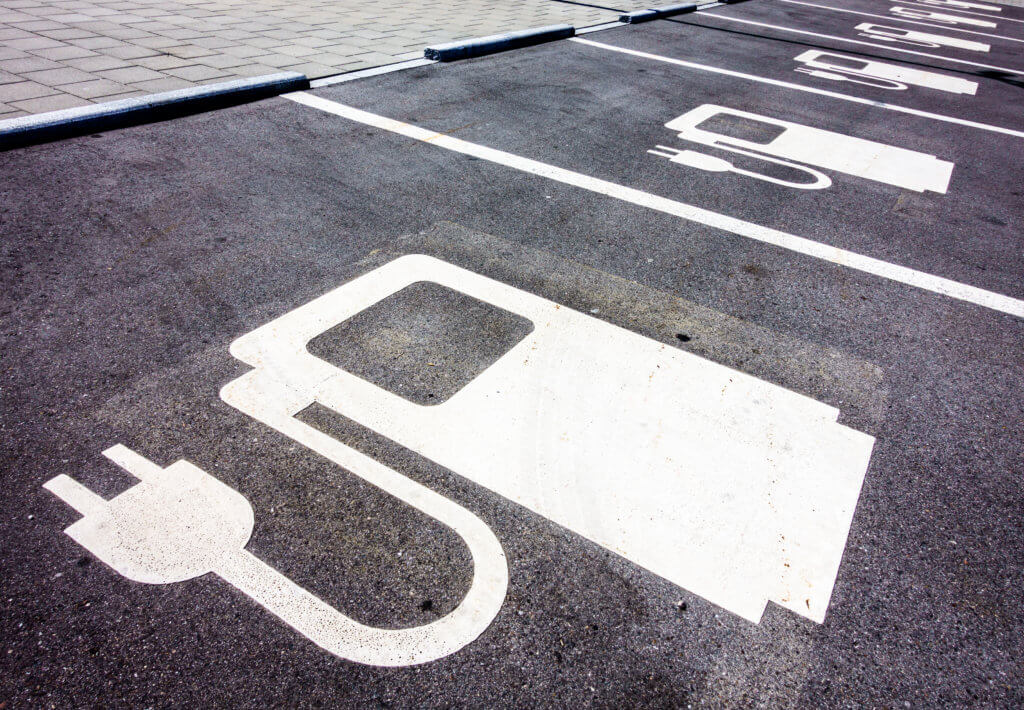
Source: iStock
Out of the total allocated federal funds for infrastructure investment, $7.5 billion is earmarked for the rollout of a nationwide network of EV charging stations. This has clear implications for early adopters of EV technology, but the real story is the impact this expanded network will have on consumers who have been thinking about making the switch to electric vehicles.
As the U.S. government continues working toward an ambitious goal of achieving 50% of new car sales from the EV market by 2030, this investment in electric charging stations is timely. For folks to fully embrace electric vehicles, they need to know they can always find a quick and convenient charging station when they’re out and about each day.
So let’s take a closer look at EV charging stations. What are they, exactly? Are EV charging stations all alike? How long does it take to charge the batteries on an electric vehicle?
EV Charging Stations (Where You Get That Giddy-Up)
The U.S. Department of Energy (DOE) maintains a very informative website called the Alternative Fuels Data Center, which includes lots of helpful information about EV charging stations and how to use them. According to the DOE, there are a few terms we should understand before having a discussion about EV charging stations.
These terms relate to all charging infrastructure, and they are used by government and industry professionals to keep everybody on the same page. To quote the DOE:
- Station Location: A station location is a site with one or more electric vehicle service equipment (EVSE) ports at the same address. Examples include parking garages or mall parking lots.
- EVSE Port: An EVSE port provides power to charge only one vehicle at a time even though it may have multiple connectors. The unit that houses EVSE ports is sometimes called a charging post, which can have one or more EVSE ports.
- Connector: A connector is what is plugged into a vehicle to charge it. Multiple connectors and connector types can be available on one EVSE port, but only one vehicle will charge at a time. Connectors are sometimes called plugs.
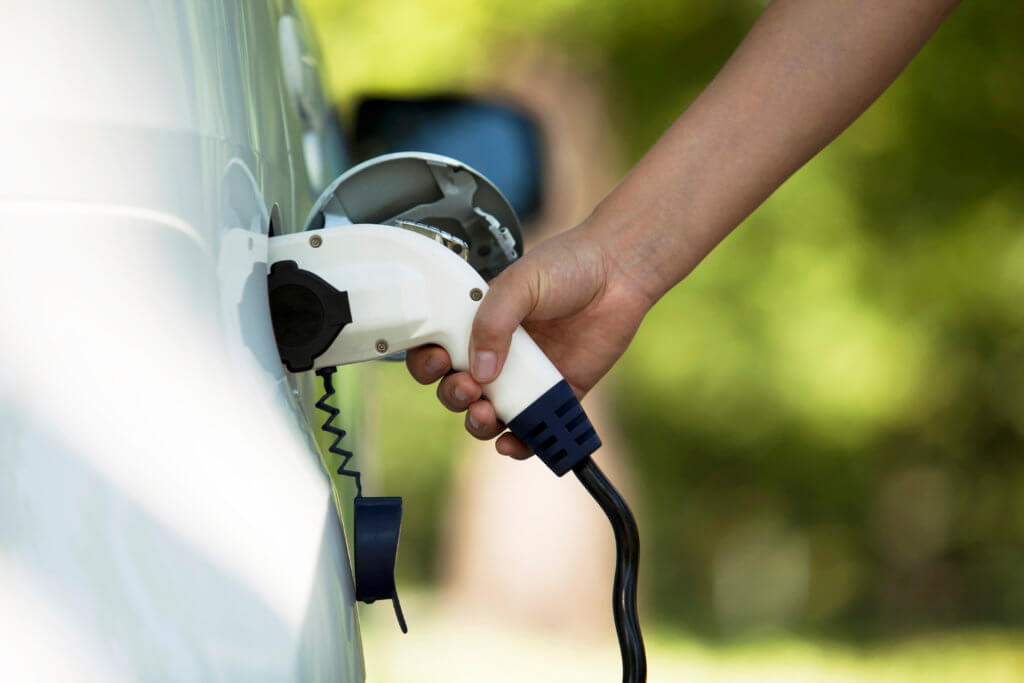
Source: iStock
With these common terms in mind, we can now move on to discuss EV charging stations themselves. There are currently three types of charging stations, with differences you should understand. Listed below is what you need to know about the three types of charging stations for your electric vehicle.
Level 1 Charging Stations (2-5 miles of range / 1-hour charge)
When you plug your EV into the wall socket behind your garage workbench, you have just created a Level 1 charging station. Level 1 stations are called for where only a 120V AC outlet is available, and less than 5% of all public charging stations are of this type.
Level 1 stations are the slowest charging stations. An 8-hour charge using 120V power only delivers about 40 miles of driving range for a normal mid-size electric vehicle. Still, most EVs are delivered with a Level 1 cord set that features a NEMA standard three-prong home plug connector on one end, and an SAE J1772 connector on the other end that plugs into the car.
Level 2 Charging Stations (10-20 miles of range / 1-hour charge)
Level 2 charging stations are common for both residential and commercial applications. At home, they typically operate on 240V electrical service, while public Level 2 charging stations normally feature 208V service.
Public Level 2 stations can operate at up to 80 amperes and deliver 19.2 kW, but most home-based Level 2 stations are designed to operate at around 30 amperes and to deliver around 7 kW of power.
In 2020, over 80% of public EV charging stations were Level 2 facilities, and most EV owners choose Level 2 charging stations for their home charging needs because the higher power allows them to fully recharge their batteries overnight.
Level 2 charging equipment uses the same J1772 connector used for Level 1 charging, and all commercially available electric vehicles can be charged using both Level 1 and Level 2 charging stations.
DC Fast Charging Stations (60-80 miles of range / 20-minute charge)
DC fast-charging stations are normally found along heavy traffic corridors, where they can service the most EVs, and typically involve more engineering and electrical infrastructure to provide for their safe operation. In 2020, just over 15% of public EVSE ports in the U.S. were direct-current (DC) fast chargers.
Charging stations that feature fast charging ports typically rely on 208/480V AC three-phase input. Today, DC fast-charging stations feature three different connector types: SAE Combined Charging System (CCS), CHAdeMO, and Tesla.
CCS connectors, sometimes referred to as “J1772 Combo” connectors, are almost identical to the J1772 connectors, but include two additional bottom pins. CCS connectors allow users to use Level 1, Level 2, or DC fast charging equipment with only one connector.
CHAdeMO connectors are the most common fast-charging connectors, and Teslas all come with unique connectors and adaptors that allow users to charge their EVs at every type of charging station.
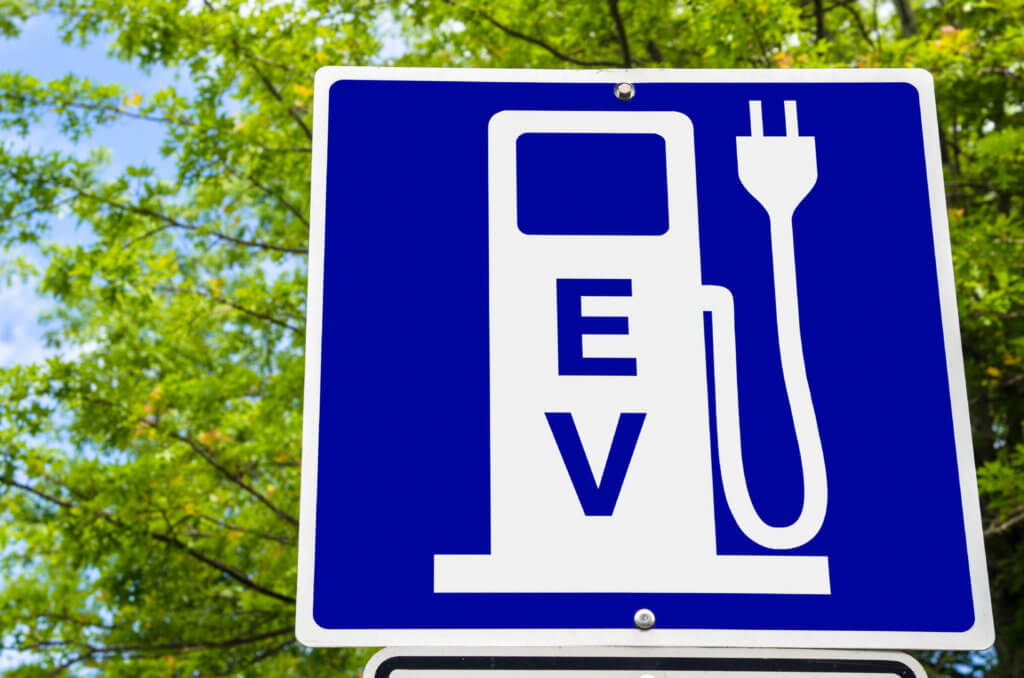
Source: iStock
FSG Delivers Turnkey Solutions for EV Charging Stations
With expertise and experience in the design, engineering, installation, maintenance, and repair of EV charging stations, FSG is a natural fit for local governments and commercial operations looking to improve their EV infrastructure. With FSG, you can confidently take full advantage of the new federal funding in place to support the growth in electric vehicles.
Newcomers to the idea of installing an EV charging station might soon encounter some common questions, such as “How do I get power to my stations?”, or “Will my current electrical switchgear support a new EV charging station?”. Many local municipalities and businesses might be unsure of which type of EV charging station is right for their location.
FSG is here to answer every one of those questions, and more. We can provide electrical engineering and design solutions for local governments and businesses, and when the plans are in place we can follow through with industry-leading equipment and installation services that you can trust.
Our experience with EV infrastructure should provide the confidence you need to make a good choice for your new EV charging station. We are a contracted service install partner for Tesla, and we have ongoing affiliate relationships with industry leaders like Leviton, Blink, EVConnect, Efacec, ChargePoint, and BreezeEV.
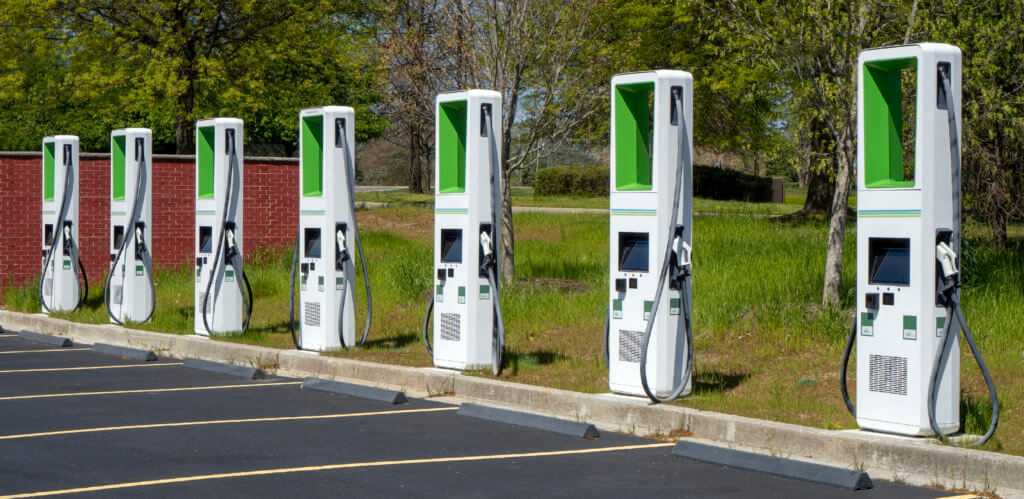
Source: iStock
Remember: in the current environment, there will be no shortage of newcomers to the market with brand new EV infrastructure equipment and a desire to “ride the business wave” for a while. Vetting the form, fit, and function of EV charging equipment is an FSG strength you really should consider.
FSG stands ready to guide you through the conception, design, engineering, procurement, installation, and ongoing service for your EV charging station. But what about all the details? Who can help you understand the fine print on all of this new EV infrastructure?
Once again, FSG is the answer. Our National Accounts Team and our ESCO Support Team are ready to guide you through the maze of grants, rebates, incentives, and state-level programs that can support your decision to get on board with EV infrastructure today.
Most importantly, know this: FSG is not here to gain your trust for a moment only. Since 1982 we’ve known that our best customers are those that enjoy an ongoing relationship with our products and services, and who consider us the one and only call they need to make to get solutions to a wide variety of facility challenges.
Or to put it another way: We will stand by you when your project is new, and we will still be here with each passing year.
So if you want to get on board with new or improved EV infrastructure, call us today at (877) 293-6689 or contact us online. Take advantage of this moment in history and step into the future with an EV charging station of your own!
Looking for lighting and electrical products? Click the button below to shop FSG Storefront.











